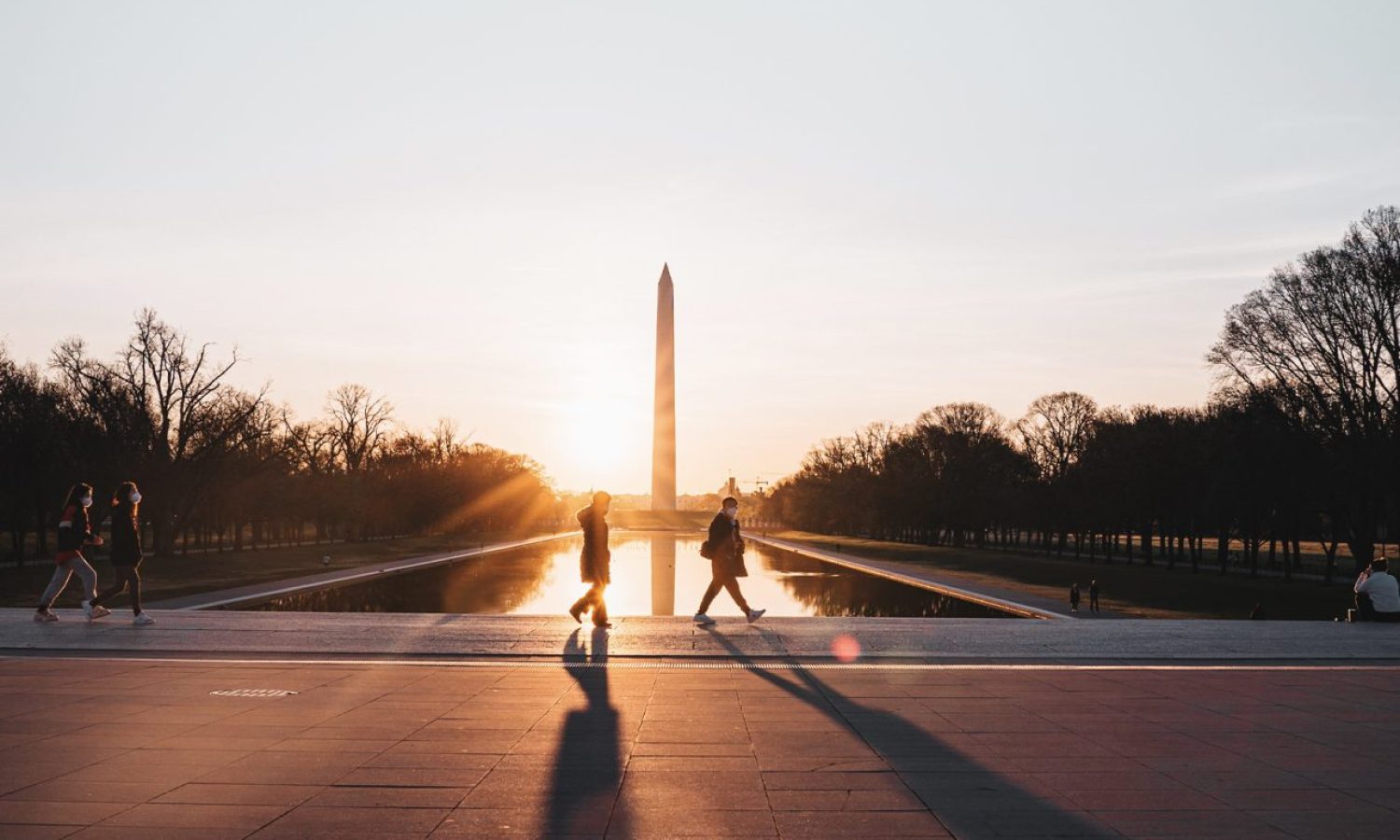i2Coalition Internet Infrastructure Policy Brief: September 2024
Your brief update on important Internet policy issues
OUTLOOK
The House and Senate leaders agreed in late September to a three-month continuing resolution (CR) to keep the federal government funded until December 20. This accord enabled U.S. lawmakers to pass the CR, send it to President Biden for signature into law, and leave Washington, DC to start a recess period of campaigning for the November 5 elections. The CR was narrowly written with only limited additions, including $230 million for the Secret Service. The House and Senate will resume the broader fiscal year 2025 federal government budget negotiations after the November elections. On October 1, the Vice President candidates, Democrat (and current Minnesota Governor) Tim Walz and Republican (and current U.S. Senator for Ohio) J.D. Vance, will debate each other in New York City at an event hosted by CBS. The Presidential candidates, Democrat and current Vice President Kamala Harris and former Republican President Donald Trump, debated each other at an ABC News event in Philadelphia on September 10. There has been no official word yet on whether another Presidential candidate debate will take place before the election.
TECH POLICY PRIORITIES
Section 230/Intermediary Liability/Content Moderation. A Third Circuit federal court of appeals decision in a wrongful death case (Anderson v. TikTok), involving a child’s use of TikTok and the “Blackout Challenge,” concluded that algorithmic recommendations are not protected by Section 230. The court reasoned that algorithmic recommendations are a platform’s own first-party speech protected by the First Amendment, and thus fall outside of Section 230’s liability shield for the publication of third-party speech. TikTok is seeking a rehearing of the case. Senator Ted Cruz (R-TX), the Ranking Member of the Senate Commerce Committee, introduced legislation, the TERMS Act, intended to combat politically motivated censorship by tech platforms by ensuring transparency in their enforcement of terms of service, especially regarding political discrimination.
Federal Privacy. The House Energy and Commerce Committee held a markup of children and teens’ online privacy and safety legislation in September and favorably reported the bills for full House consideration. It remains to be seen whether the measures–the Kids Online Safety Act (KOSA) and the Children and Teens’ Online Privacy Protection Act (COPPA 2.0)–will advance to the floor for a full House vote before the end of the 118th Congress. No further action has been taken in either the House or the Senate on the American Privacy Rights Act (APRA), the proposed federal comprehensive consumer privacy and data security legislation.
Copyright/IP. A House version of the NO FAKES Act (Nurture Originals, Foster Art, and Keep Entertainment Safe Act of 2024) was introduced by a bipartisan group of lawmakers: María Elvira Salazar (R-FL), Madeleine Dean (D-PA), Nathaniel Moran (R-TX), Joe Morelle (D-NY), Rob Wittman (R-VA), and Adam Schiff (D-CA). The bill aims to create a federal intellectual property right protecting an individual’s voice and likeness from unauthorized use by generative AI systems. A Colorado Springs artist, Jason Allen, who sought to register the copyright of an AI-generated digital painting, filed a lawsuit on Sept. 26 in the U.S. District Court in Colorado, challenging the U.S. Copyright Office’s earlier decision to deny registration for the work.
Antitrust/Competition. The House Energy and Commerce Subcommittee on Innovation, Data, & Commerce held a Sept. 19 hearing to examine changes in the Federal Trade Commission’s (FTC) current approach to regulation. The Subcommittee Republicans, including House Energy and Commerce Chair Cathy McMorris Rodgers (R-WA) and Innovation Subcommittee Chair Gus Bilirakis (R-FL), contended that the FTC has strayed from its bipartisan tradition of advancing consumer protection without overburdening businesses. Google’s second federal antitrust trial began on Sept. 9. In this action, the government has accused Google of monopolizing the digital advertising market.
Broadband. Republican lawmakers have stepped up criticism of how the Biden Administration is implementing the $42.5 billion Broadband Equity Access and Deployment (BEAD) program, citing delays and affordability requirements, among other concerns. The Administration has countered that the BEAD program’s execution is on track to meet its deadlines. Congress has not acted to reinstate funding for the Affordable Connectivity Program, which lapsed in May 2024. The FCC’s new Open Internet rules remain stayed and are not in effect pending federal court litigation assessing their legality.
Find Out More…
For more in-depth updates on Internet policy, including issues that specifically impact your organization, please contact us about joining the i2Coalition.

